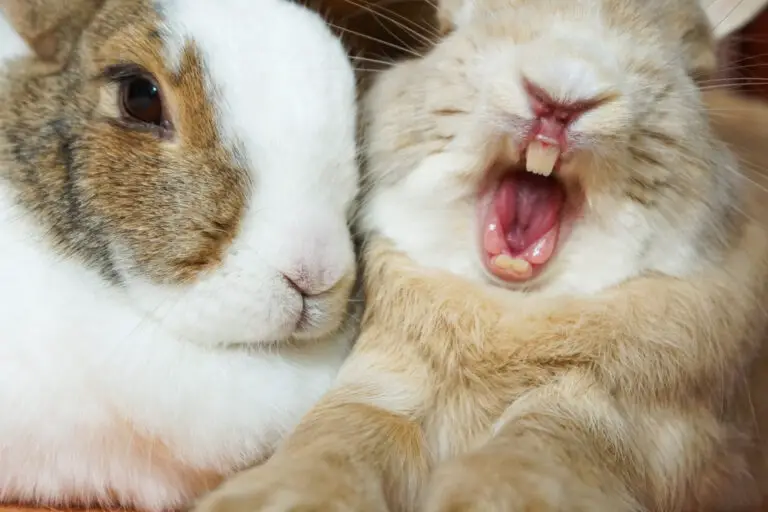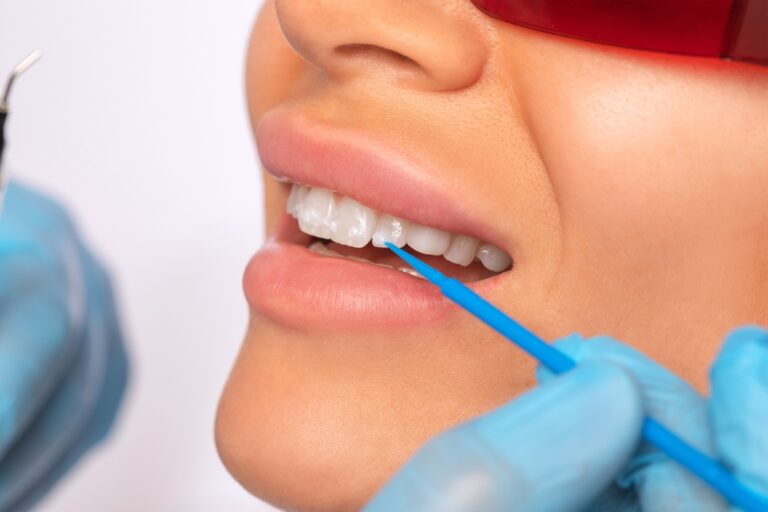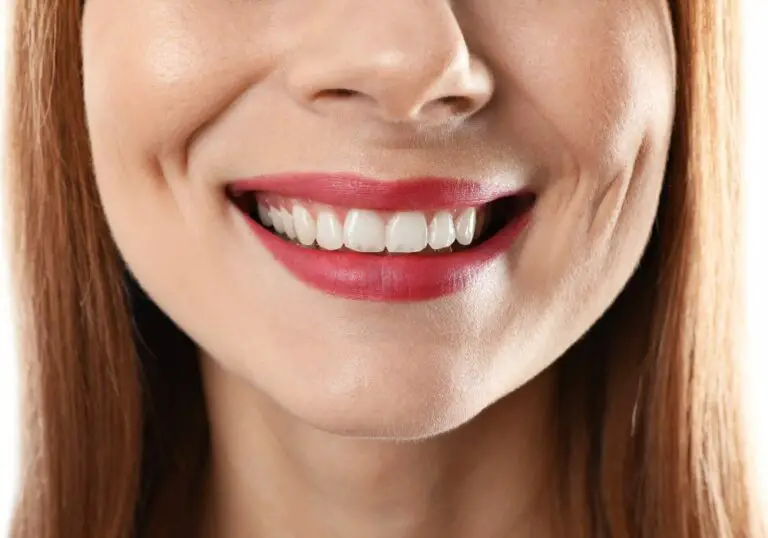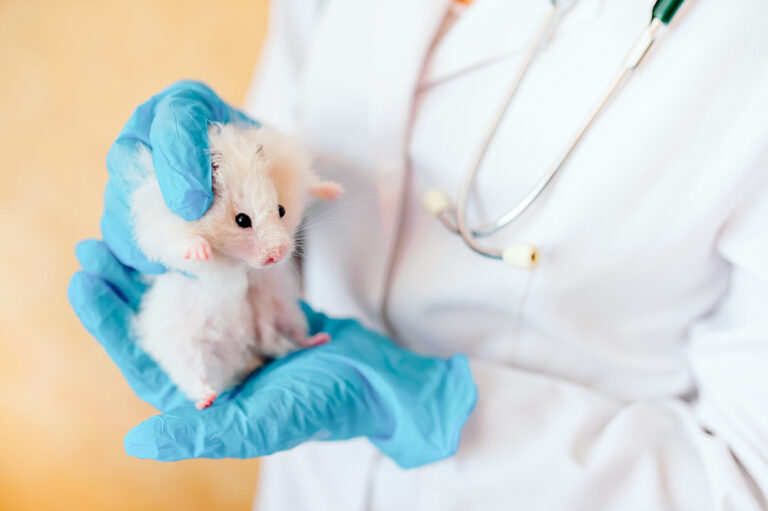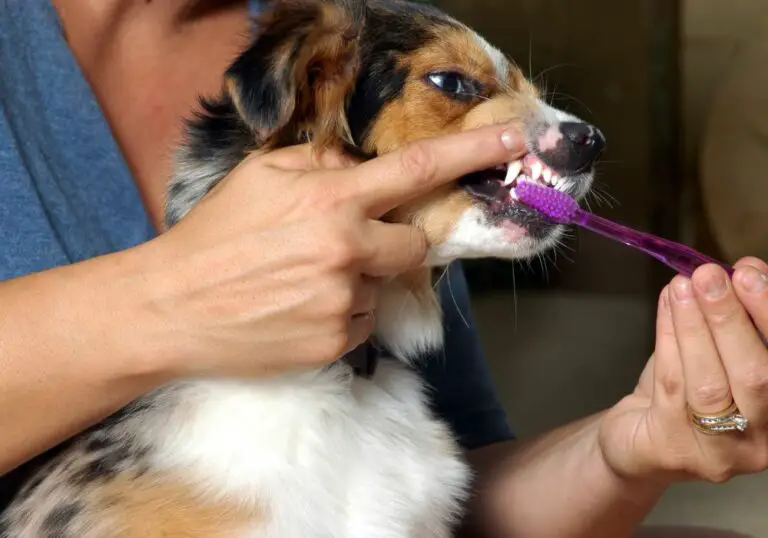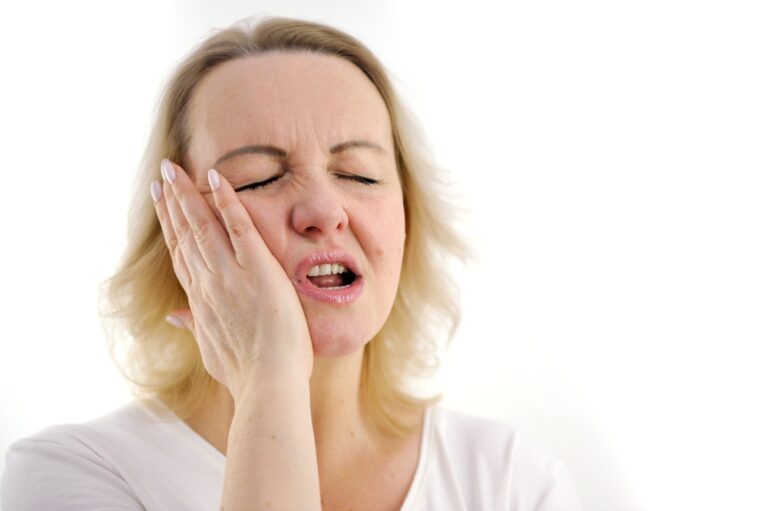What causes teeth chattering in rabbits?
Rabbits make noises by moving their jaws up and down rapidly, causing their teeth to chatter. This behavior is known as teeth chattering or teeth purring. There are a few main reasons why rabbits chatter their teeth:
Communication
Teeth chattering can be a way for rabbits to communicate a variety of messages. Some of the things they may be trying to express include:
- Contentment – When happy, comfortable, and feeling safe, a rabbit may lightly chatter its teeth to indicate contentment. This is similar to a cat purring and signifies the rabbit is relaxed and unthreatened. You may notice light teeth chattering when you pet your rabbit in their favorite spot or when they are snuggled in a comfy blanket.
- Warning – A rabbit may chatter its teeth rapidly as a warning sign to potential threats. The loud sound alerts other rabbits or animals that danger is near and to be cautious. Rabbits are prey animals, so this teeth chattering helps signal immediate defensive reactions against predators.
- Pain – A rabbit in pain or discomfort may grind its teeth frequently or forcefully. Excessive teeth grinding can indicate the rabbit is suffering from an oral health problem or needs veterinary care. You may see teeth chattering paired with behaviors like reluctance to eat, facial swelling, or unusual posture indicating pain.
- Fear – Some rabbits will chatter their teeth loudly when frightened as a defensive instinct. This reaction is triggered by perceived threats in the environment that make the rabbit feel unsafe. It is often accompanied by thumping the hind feet on the ground. The chattering and thumping combined serve to scare away potential predators.
- Excitement – Happy excitement can also cause a rabbit to chatter its teeth in a light, friendly manner. You may notice this when greeting your pet rabbit after a day away or when giving them a favorite treat. It signifies the rabbit is enthusiastic and eager.
Dental health
Teeth chattering is very often related to dental health issues in rabbits. Rabbits’ teeth grow constantly throughout their lives. The upper and lower teeth must align properly to allow for even wearing as the rabbit chews.
Problems like tooth spurs, points, or misaligned bite can cause teeth to meet incorrectly. This results in uneven wearing down of the teeth surfaces. The rabbit chatters its teeth trying to grind them down into better alignment. This is a sign of discomfort or pain from dental disease.
Other dental issues like tooth abscesses, fractured teeth, and molars embedded in the gums may also lead to teeth chattering as the rabbit tries to relieve pain in its mouth. Regular veterinary dental checks and teeth trimming help prevent many of these dental problems.
Taste, temperature, or texture
In addition to communication and dental health reasons, rabbits may chatter their teeth lightly when they encounter something with an interesting taste, temperature, or texture. Rabbits are prone to exploring new things in their environment with their mouth.
The teeth chattering is a way to investigate the stimulus more thoroughly by moving it around in the mouth. The rabbit may do this with items like a cold metal bowl of water on a hot day, or toys and treats with unfamiliar surfaces or flavors. It allows them to gather more sensory information.
When is teeth chattering normal vs problematic?
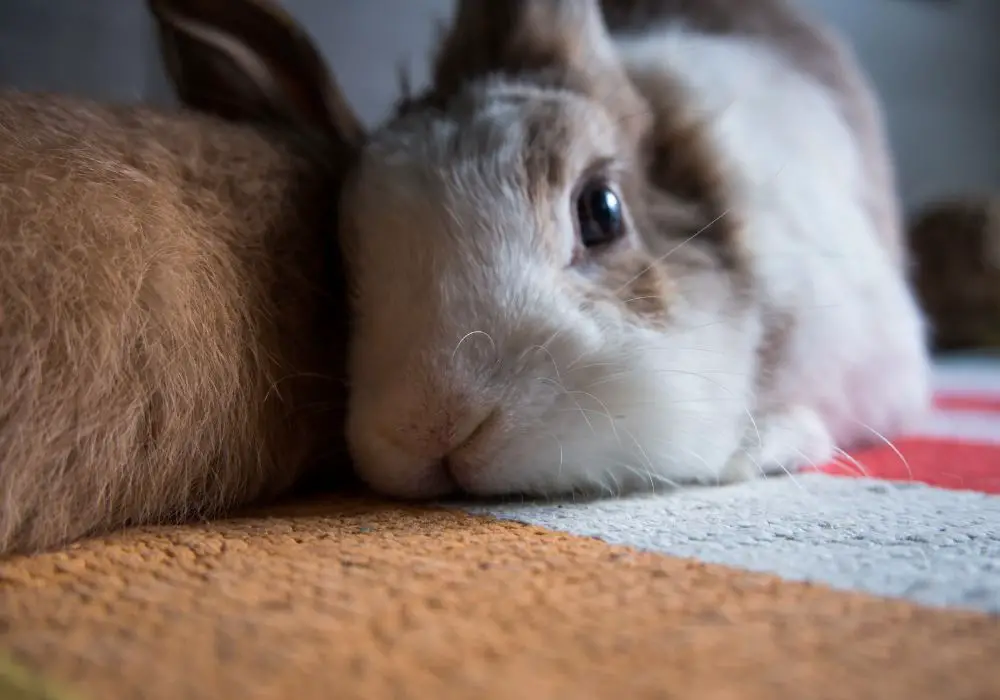
Light, occasional teeth chattering can be perfectly normal rabbit behavior. However, excessive or sudden increased teeth grinding can signal an underlying issue requiring veterinary attention.
Here are some key differences between normal teeth chattering and signs of a potential health problem:
Normal teeth chattering
- Occurs during relaxed grooming, exploring new objects, or interacting happily with owners
- Lasts for brief periods of time, usually just a few seconds or minutes
- Not related to eating food items like hay or pellets
- Rabbit appears relaxed, comfortable, and content
- No other symptoms present like facial swelling, weight loss, etc.
Problematic teeth chattering
- Happens frequently throughout the day and for extended periods
- Occurs or gets louder when eating normal hay or pellets
- Rabbit seems tense or distressed while chattering
- Paired with decreased appetite, weight loss, or avoidance of food
- Loud chattering paired with aggressive body language
- Chattering accompanied by signs of mouth pain like drooling
- Along with facial swelling, abscesses, or abnormal jaw motion
Any excessive grinding or unusual teeth chattering indicates your rabbit should be examined by a rabbit-savvy veterinarian. Getting early treatment for underlying issues can help resolve the concerning tooth chattering.
What can I do if my rabbit is chattering its teeth excessively?
If your rabbit suddenly starts chattering its teeth louder or more often than usual, here are some steps:
Observe closely
Pay close attention to exactly when and how long the chattering occurs. Make notes if it happens during eating and chewing activities. Also look for any signs of discomfort, pain, or changes in appetite.
Check mouth and teeth
Do a careful visual exam of your rabbit’s mouth if possible, looking for any swelling, discharge, tooth spurs, or misalignment. Check that eating motions seem normal.
Contact your vet
Schedule a checkup with your rabbit veterinarian right away. The vet will do a full oral exam and dental assessment, likely including dental x-rays. This exam is key to finding the cause.
Address dental issues
If the vet discovers a dental problem, follow their treatment plan closely. Recommended care may involve tooth trimming, medications, or extractions if teeth are badly diseased.
Offer soft foods
Until dental problems resolve, provide softened hay and soaked pellets to reduce mouth pain during eating. Critical care herbivore food can supplement their diet.
Monitor weight
Weigh your rabbit daily and track how much food is consumed. Make sure they do not lose weight from decreased eating due to dental pain.
With your vet’s guidance, underlying reasons for chattering can be corrected. Stay alert to mouth issues so treatment can begin before they become severe.
What dental problems cause teeth chattering in rabbits?
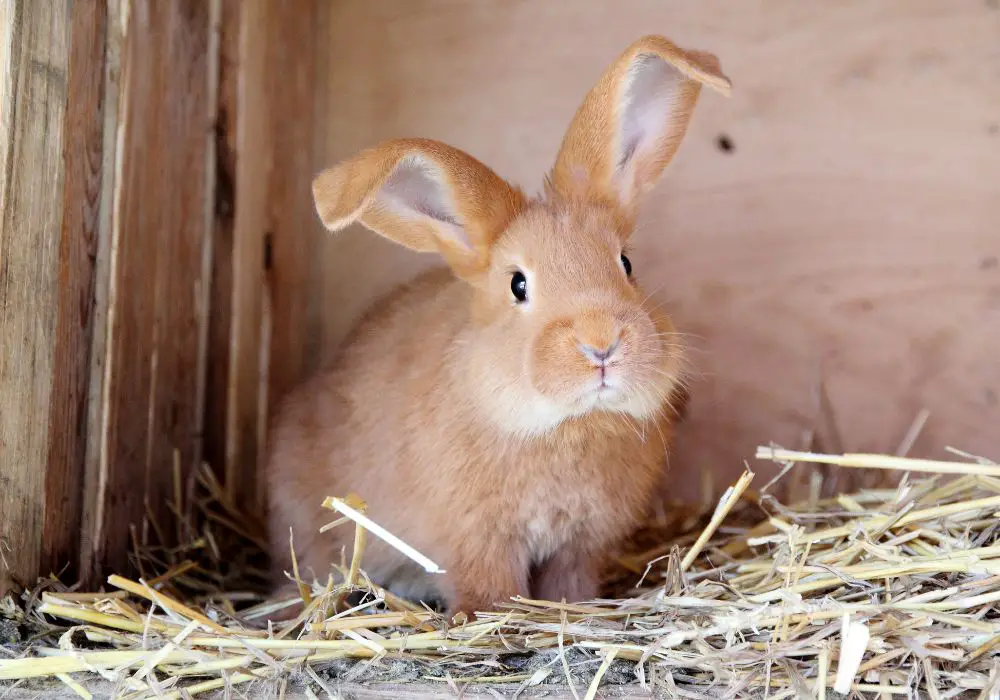
Rabbits can develop various dental diseases and conditions that lead to teeth chattering. Being able to recognize signs of these issues is key to getting veterinary treatment:
Tooth spurs or points
Overgrown teeth sometimes form sharp spurs or points that do not align correctly with the opposite teeth. Chewing motions drive these misaligned teeth into the tongue or cheek painfully. The spurs cause tissue trauma and the rabbit grinds its teeth trying to wear them down.
Molar problems
The large rear molars may overgrow, fracture, or develop painful ulcers. Rabbits often get food trapped in problematic molars, leading to infection. Bad molars prevent normal chewing and cause teeth chattering as the rabbit tries to relieve discomfort.
Malocclusion
This refers to misaligned upper and lower teeth that no longer meet correctly. Malocclusion results in overgrowth, spurs, and uneven wearing of some teeth. The rabbit will grind trying to file them down.
Tooth root abscess
Abscesses form at the root of teeth, often molars or premolars. These put intense pressure on surrounding bone and tissue, causing significant pain, swelling, and difficulty chewing.
Shear mouth
With this condition, the front incisors meet at an incorrect angle. They shear against each other instead of aligning smoothly. This causes overgrowth and discomfort.
Tooth fracture
Cracked or broken teeth are very painful and prone to severe infection. The rabbit is unable to use the fractured tooth normally when chewing, leading to chattering.
Jaw trauma
Injuries to the jaw joint or bones can alter the chewing alignment and result in teeth meeting abnormally. This causes discomfort and difficulty eating.
Getting veterinary intervention promptly when dental disease is suspected is crucial to relieving pain and restoring normal chewing function for your rabbit.
What home care is needed for a rabbit with dental problems?
Caring for a rabbit with injured or diseased teeth requires some adjustments:
- Soft foods – Severe dental problems prevent chewing of hard hay. Feed soft grass or orchard hays.
- Soaked pellets – Soak pellets in water before feeding to soften them.
- Syringe feeding – If your rabbit cannot eat on its own, syringe feed vegetable purees.
- Water – Use a bowl and monitor water intake. Ensure easy access.
- Recovery area – After dental procedures, set up a safe, calm area with easy access to food and water.
- Medications – Give all medications on schedule, especially any prescribed pain relievers.
- Follow up visits – Take your rabbit to all needed recheck exams with the veterinarian.
- Daily weighing – Weigh your rabbit daily to ensure they maintain weight.
- Reduce stress – Keep activity and noise low to avoid stress during recovery. Provide hiding areas.
Close monitoring and supportive care at home is key to recovery. Partner closely with your veterinarian for the best outcome.
What are signs my rabbit needs an oral exam or dental work?
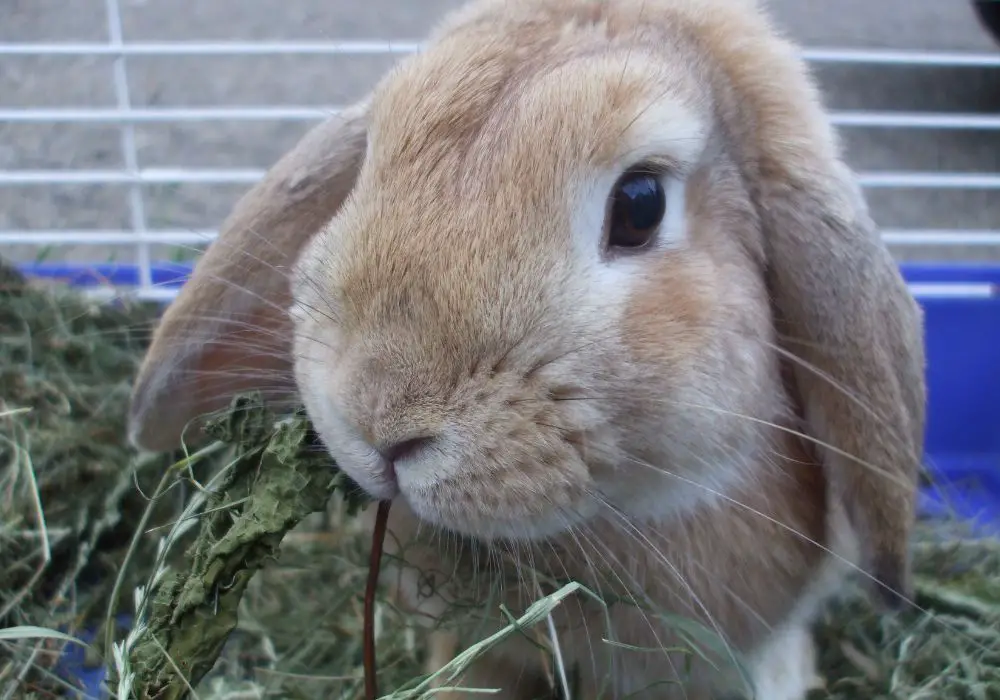
Watch for these signs indicating your rabbit should have a veterinary oral health checkup:
- Obvious teeth grinding or chattering noises while eating
- Chewing motions when no food is present
- Drooling or a constantly wet chin area
- Selectively eating softer hay parts and avoiding hard pieces
- Slowed eating and prolonged mealtimes
- Loss of appetite or disinterest in favorite foods
- Weight loss from decreased eating
- Swellings, bumps, or abscesses on face or jaws
- Tilting or turning the head to one side while chewing
- Difficulty picking up and chewing food normally
- Lots of waste hay pieces left uneaten in litter box
Any of these symptoms can mean tooth pain or difficulty eating. Schedule an exam promptly when you notice them. Finding dental issues early greatly helps treatment success. Make sure your rabbit has a thorough oral health checkup annually as well.
What preventative care helps dental health in rabbits?
You can help prevent dental disease with these proactive measures:
- Annual exams – Get thorough oral exams and any needed tooth trims yearly. This allows early detection.
- Diet – Feed primarily a high fiber grass hay diet to promote grinding and wearing of the teeth surfaces. Limit treats.
- Toys – Offer suitable size branches, chews, and toys to slowly wear the teeth. Rotate new items to keep chewing interest high.
- Water – Provide fresh, clean water daily in a bowl to encourage drinking. Dehydration risks dental disease.
- Skull shape – Choose breeds with shorter, flatter skull shape if possible, as this allows proper tooth alignment as they grow.
- Check teeth – Get in the habit of regularly looking at your rabbit’s teeth yourself, watching for issues.
- Enrichment – Use puzzle toys and activities to encourage gnawing, licking, chewing motions.
- Treats – Use healthy treats like leafy greens sparingly. Avoid unnecessary sweets.
- Signs of trouble – Seek prompt veterinary care if you notice any signs of dental discomfort.
- Pain control – Be sure pain medication is provided if your rabbit has any teeth procedures done.
Commit to thorough lifelong preventive dental care. Your veterinarian can help you establish the best plan for your rabbit’s needs.
Frequently Asked Questions About Rabbit Teeth Chattering
Is teeth chattering in rabbits normal?
Yes, light occasional teeth chattering can be perfectly normal rabbit behavior. Often you’ll notice short bursts of quiet chattering when they are content. However, frequent loud chattering, especially during eating, can signal an underlying dental problem.
Why do mother rabbits chatter their teeth around their babies?
Mother rabbits often chatter very gently while grooming and nursing their kits. The soft purring provides comfort and stimulation for the babies. Mother rabbits may also chatter their teeth rapidly as a warning if they sense potential danger to the nest to alert the kits.
Do rabbits teeth chatter when they are happy?
Yes, rabbits will sometimes lightly chatter their teeth when feeling relaxed and happy. It signifies the rabbit is content in that moment, similar to a cat’s purr. Happy chattering is intermittent and quiet.
What does it mean if my rabbit chatters its teeth aggressively at me?
A rabbit chattering loudly directly at you or another animal is typically a warning sign. The rabbit is indicating it feels frightened or threatened and may become aggressive. It’s wise not to crowd or approach the rabbit when they display this defensive teeth chattering.
Why does my rabbit sometimes chatter her teeth when I pet her?
Some rabbits will gently purr their teeth in pleasure when petted if they find it relaxing. However, louder chattering during petting can also signal mild discomfort or anxiety at being handled. Pay close attention to your rabbit’s body language as you pet them.
Is constant teeth grinding or chattering normal in rabbits?
No, prolonged frequent teeth grinding is not normal rabbit behavior. Constant chattering, especially during mealtimes, often indicates the rabbit is experiencing dental pain or difficulty chewing. Schedule a vet exam if you notice persistent teeth chattering or grinding noises.

